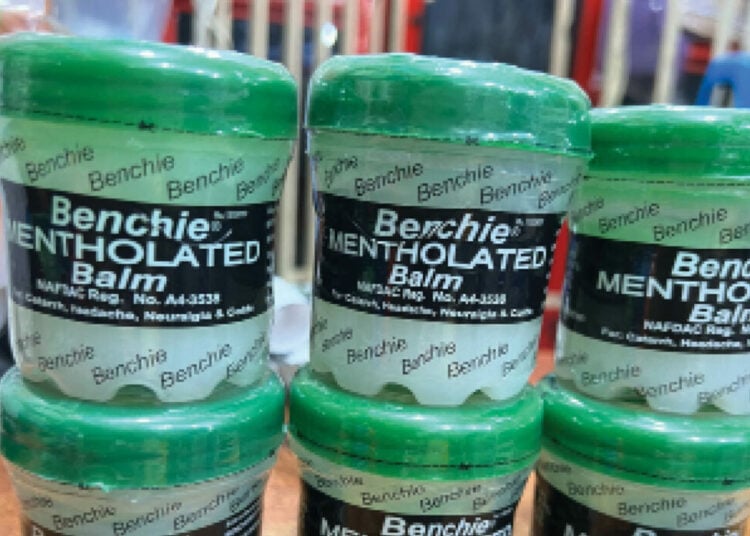Parents and caregivers often go above and beyond to soothe their little ones in times of discomfort. Whether it’s a blocked nose, a nagging cough, or a restless night, even minor symptoms in babies can leave families feeling anxious and desperate for relief. In many households, the go-to remedy has long been a small jar of mentholated balm, rubbed on the chest, under the nose, or in some cases, dangerously placed inside an infant’s nostrils.
While mentholated balms are often seen as harmless and effective, health experts caution against their use on very young children. The strong vapors can irritate delicate skin and sensitive respiratory systems, sometimes causing coughing fits, breathing difficulties, or allergic reactions. Despite their widespread popularity, improper use , such as applying the balm too close to a baby’s nose, can do more harm than good, making it essential for parents to understand both the benefits and risks before reaching for the jar.
The intention is always love and care. But pediatricians warn that using mentholated products such as Mentholatum on babies can do more harm than good. What has been passed down as a trusted home remedy can quietly put infants at risk, turning a soothing act into a potential danger.
Why Mentholated Balms Can Harm Babies
Mentholated balms are designed for adults, not infants. The strong vapors and cooling ingredients that feel relieving to grown-ups can irritate delicate baby airways. Risks include:
Airway irritation: Menthol stimulates the nose and airways, but in infants, it can trigger swelling and more mucus making breathing harder, not easier.
Breathing Difficulties: Vapors applied close to a baby’s nostrils can overwhelm their tiny air passages.
Skin Irritation: A baby’s skin is thinner and more sensitive, increasing the risk of rashes or burns.
False Sense Of Safety: Parents may delay seeking medical help, believing the balm is solving the problem.
Safer Alternatives For Relieving Congestion
Parents don’t have to feel helpless when their babies are unwell. Safer, medically recommended options include:
Saline drops Or sprays: Gentle and effective in loosening nasal mucus.
Nasal suction bulbs: Help clear blocked nostrils, making breathing easier.
Humidifiers Or Steam: Moist air soothes congestion without harsh chemicals.
Positioning: Elevating the baby’s head slightly while they sleep can improve airflow.
Medical Advice: Persistent congestion, cough, or breathing difficulty should always be checked by a pediatrician.
Why The Tradition Persists
Generational Habits: Families pass down remedies they grew up with.
Accessibility: Mentholated balms are cheap and widely available.
Quick Relief Mindset: Parents want fast fixes, especially at night when a baby is restless.
The persistence of this practice shows why education must be compassionate not shaming parents, but helping them understand better alternatives.





